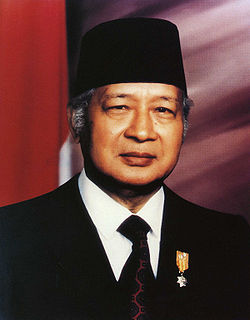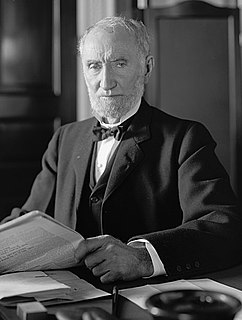A Quote by Elizabeth Cady Stanton
I can truly say, after an experience of seventy years, that all the cares and anxieties, the trials and disappointments of my whole life, are light, when balanced with my sufferings in childhood and youth from the theological dogmas which I sincerely believed. . . . The memory of my own suffering has prevented me from ever shadowing one young soul with the superstitions of the Christian religion.
Related Quotes
Thus, a vision of the whole gradually grew for me that was nourished by the various experiences and realizations I had encountered along my theological path. I rejoiced to be able to say something of my own, something new and yet completely within the faith of the Church. The feeling of aquiring a theological vision that was ever more clearly my own was the most wonderful experience of those years.
When people look back at their childhood or youth, their wistfulness comes from the memory, not of what their lives had been in those years, but of what life had then promised to be. The expectation of some indefinable splendor, of the unusual, the exciting, the great is an attribute of youth and the process of aging is the process of that expectations' gradual extinction. One does not have to let it happen. But that fire dies for lack of fuel, under the gray weight of disappointments.
In college, I was like most young men, doing what pleased me and looking out mainly for my own interest. I had success in baseball and was very popular in school but all these things, which the world chases after, left me empty and unfulfilled. Through a series of trials and difficult times, the Lord opened my eyes to my sin and what would truly fulfill me. June 9, 2001, I received forgiveness and the gift of eternal life through Jesus Christ.
What will it matter to him if he notices that he is growing old? Has he any reason to envy the young people whom he sees, or wax nostalgic over his own lost youth? What reasons has he to envy a young person? For the possibilities that a young person has, the future which is in store for him? "No, thank you," he will think. "Instead of possibilities, I have realities in my past, not only the reality of work done and love loved, but of sufferings bravely suffered. These sufferings are even the things of which I am most proud, though these things are things that cannot inspire envy."
Life was a fairy-tale, then, it is a tragedy now. When I was 43 and John Hay 41 he said life was a tragedy after 40, and I disputed it. Three years ago he asked me to testify again: I counted my graves, and there was nothing for me to say. I am old; I recognize it but I don't realize it. I wonder if a person ever really ceases to feel young - I mean, for a whole day at a time.
The world is full of suffering. Birth is suffering, decre- pitude is suffering, sickness and death are sufferings. To face a man of hatred is suffering, to be separated from a beloved one is suffering, to be vainly struggling to satisfy one's needs is suffering. In fact, life that is not free from desire and passion is always involved with suffering.
The mind that becomes soiled in youth can never again be washed clean. I know this by my own experience, & to this day I cherish an unappeased bitterness against the unfaithful guardians of my young life, who not only permitted but compelled me to read an unexpurgated Bible through before I was 15 years old. None can do that and ever draw a clean sweet breath again on this side of the grave.
I would rather quit public life at seventy, and quit it forever, than to retain public life at a sacrifice to my own self-respect. I will not vote for any law which will make fair for me and foul for another. The blacklist is the most cruel form of oppression ever devised by man for the infliction of suffering upon his weaker fellows.
I say that creeds, dogmas, and theologies are inventions of the mind. It is the nature of the mind to make sense out of experience, to reduce the conglomerates of experience to units of comprehension which we call principles, or ideologies, or concepts. Religious experience is dynamic, fluid, effervescent, yeasty. But the mind can't handle these so it has to imprison religious experience in some way, get it bottled up. Then, when the experience quiets down, the mind draws a bead on it and extracts concepts, notions, dogmas, so that religious experience can make sense to the mind.




































